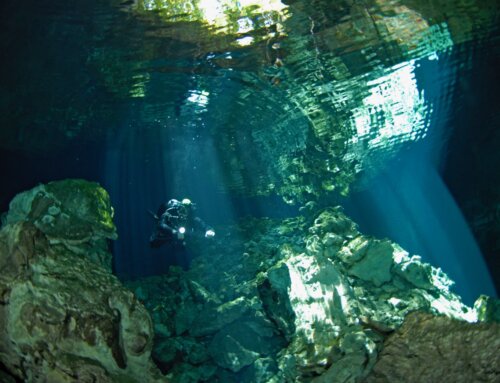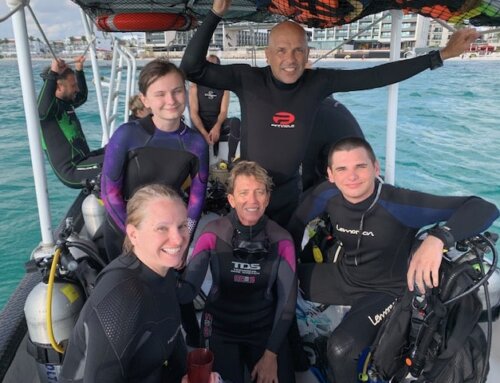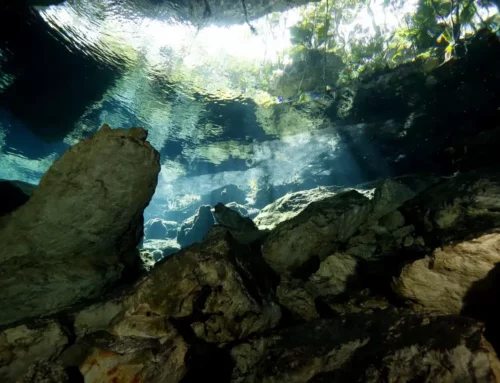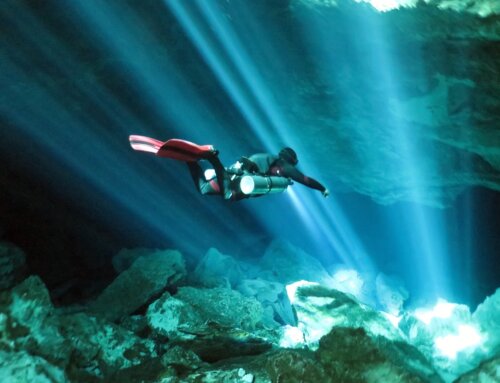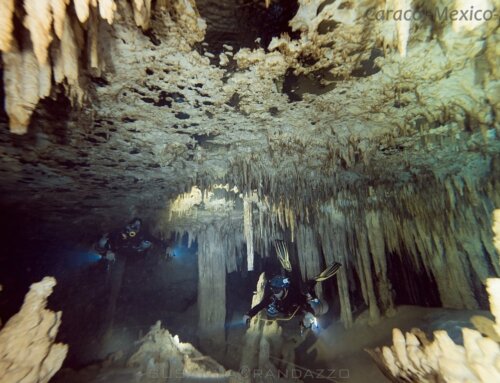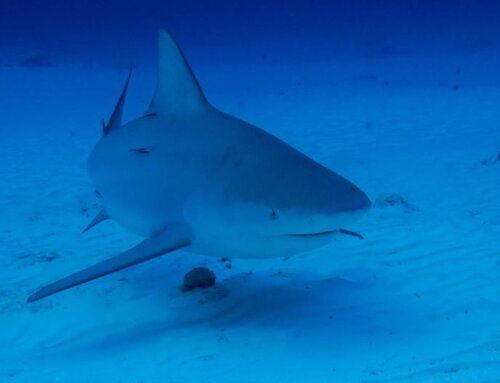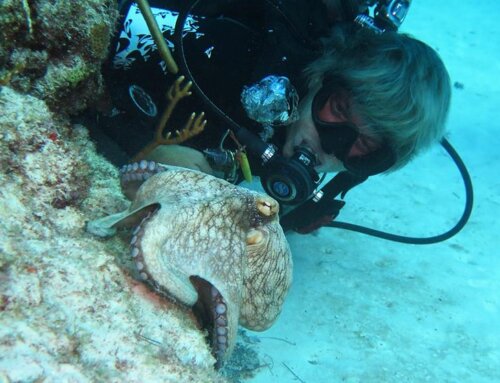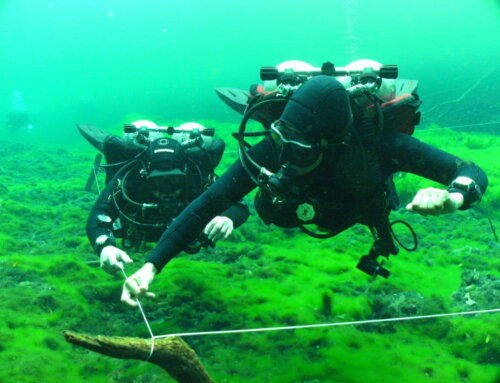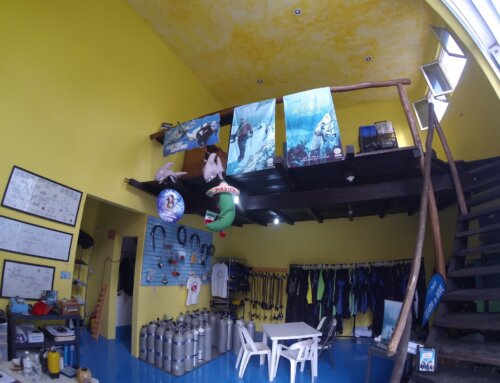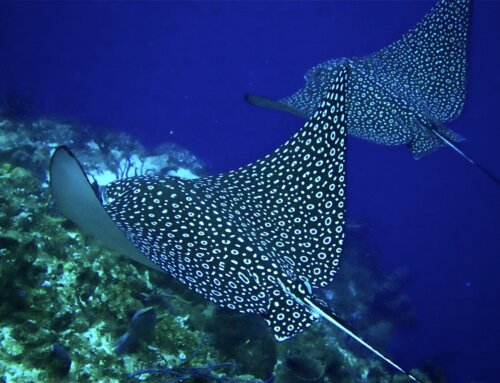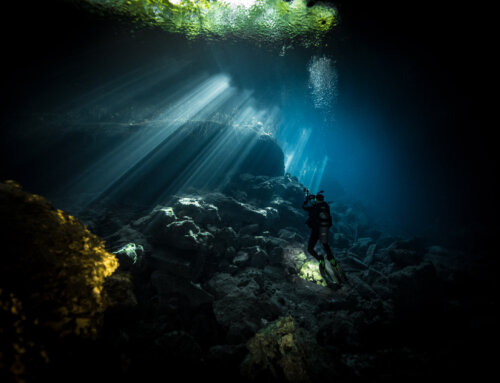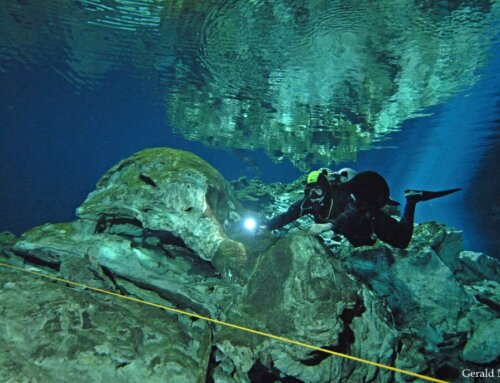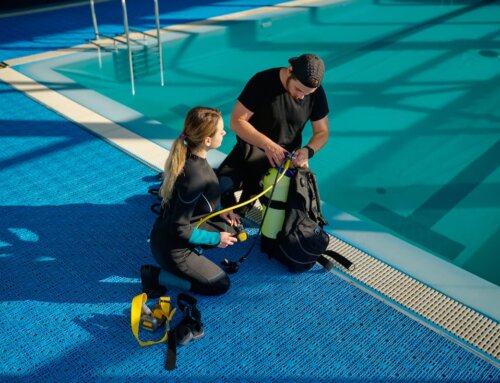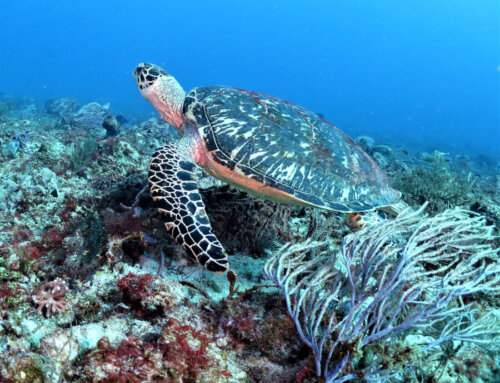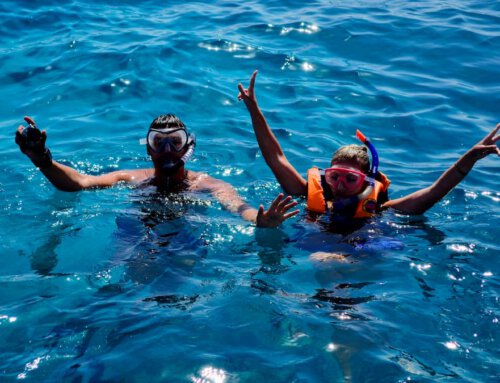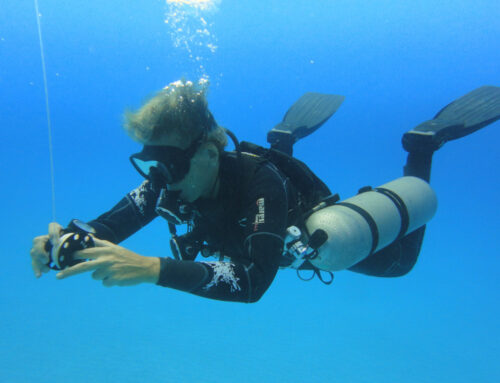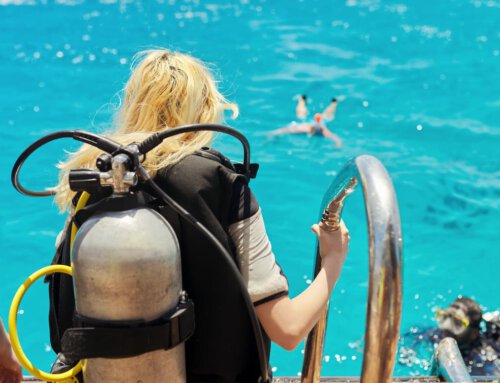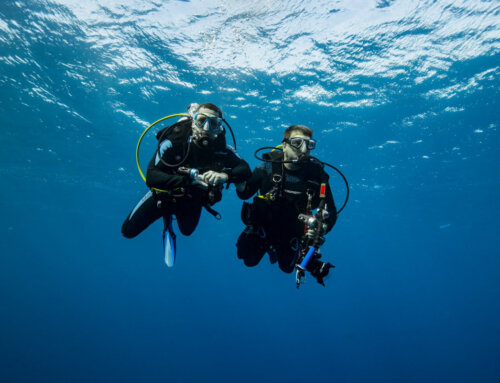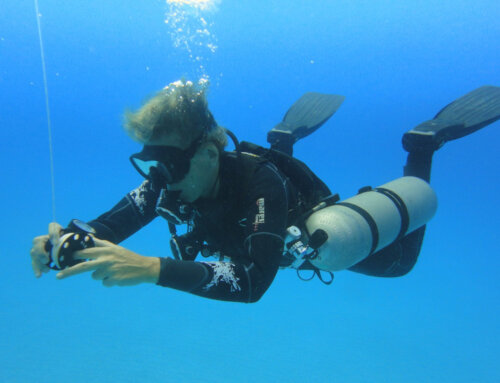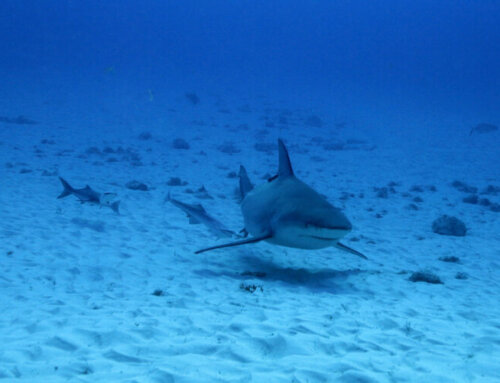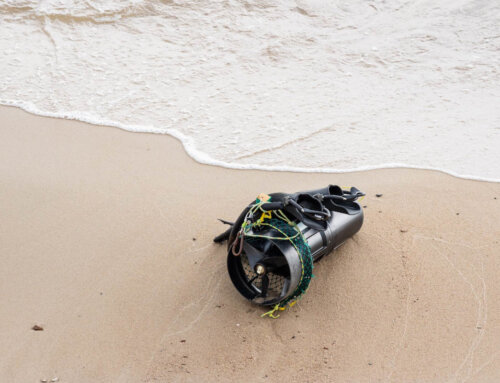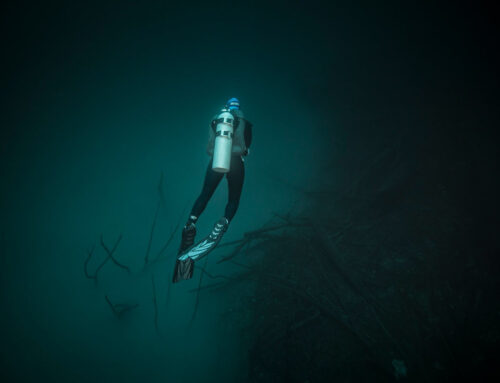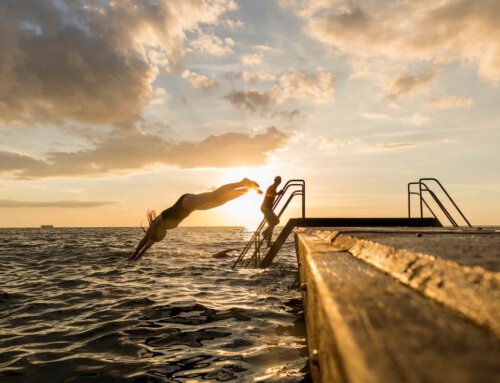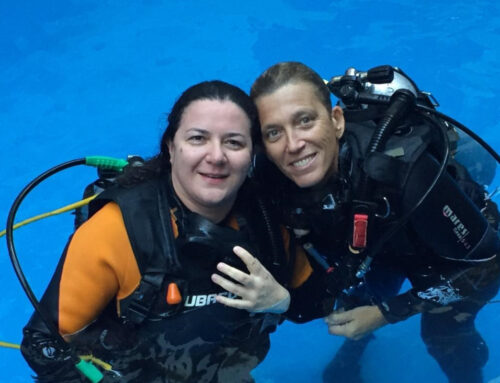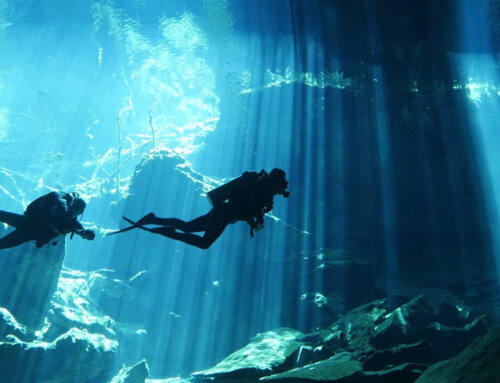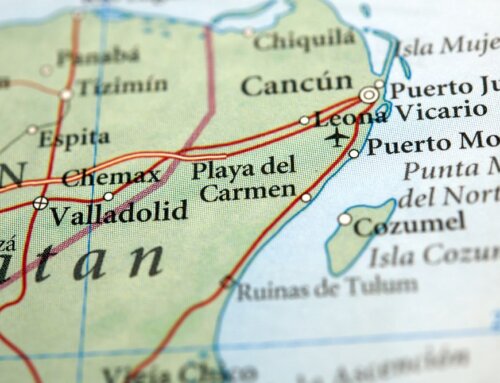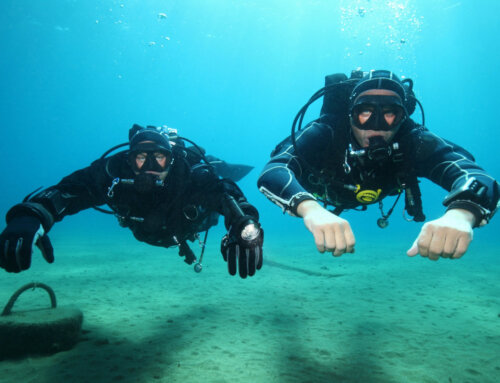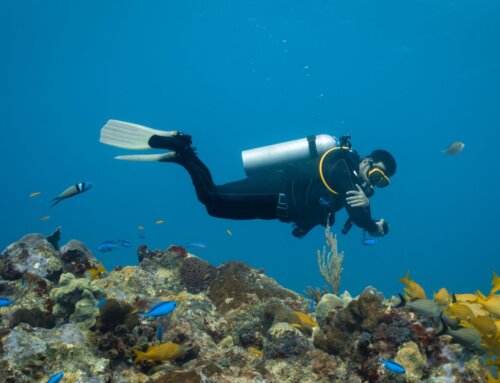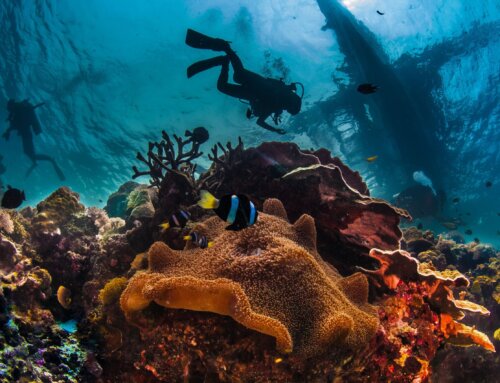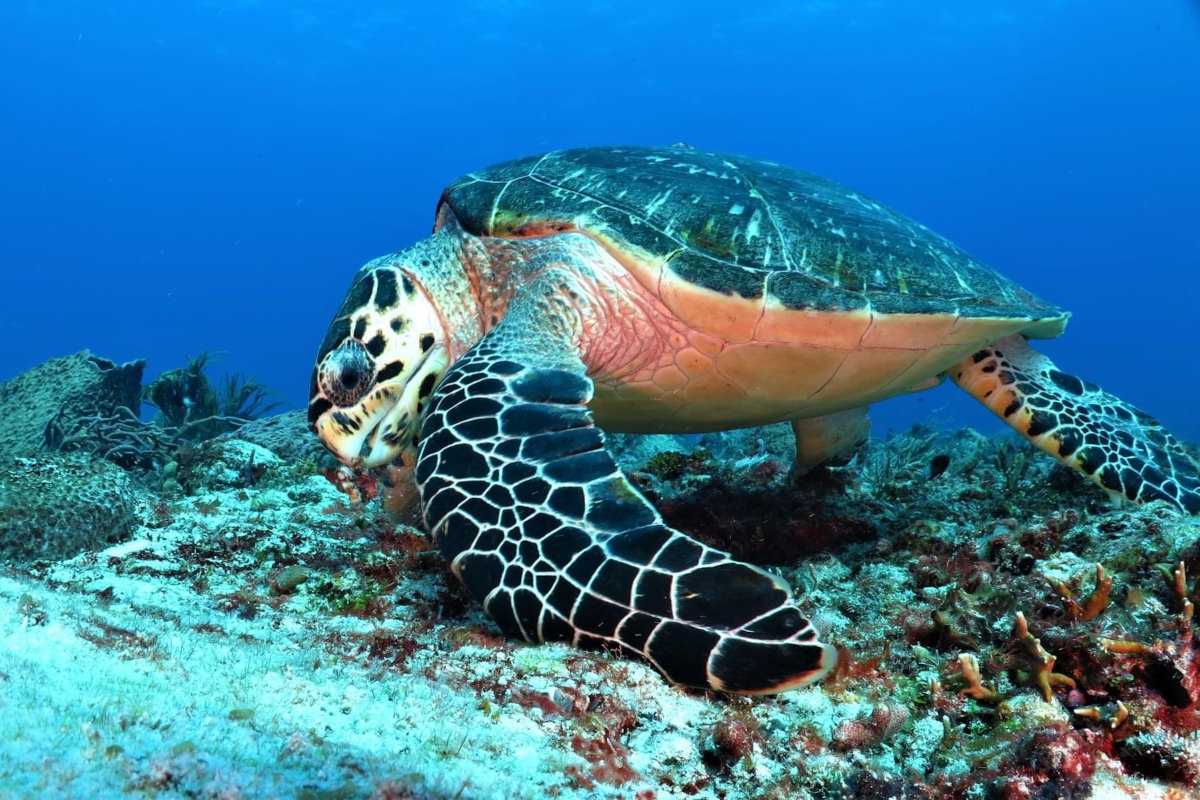
Marine conservation: how divers can make a difference
Marine conservation is essential to preserving our oceans and the incredible biodiversity they sustain. As scuba divers, we have a unique opportunity to witness underwater ecosystems up close — and to protect them.
Why Marine Ecosystems Matter
Oceans regulate the Earth’s climate, absorb carbon dioxide, and support life for millions of species — including us. Coral reefs, mangroves, and seagrass beds are crucial habitats that stabilize coastlines, provide breeding grounds for marine animals, and contribute to the planet’s ecological balance.
The Main Threats to Our Oceans
Unfortunately, human activities are placing marine environments under increasing pressure. The most serious threats include:
-
Overfishing
-
Coral bleaching due to climate change
-
Habitat destruction
-
Plastic and chemical pollution
These issues damage fragile ecosystems and reduce biodiversity at an alarming rate.
How Divers Can Support Marine Conservation
As divers, we are in a perfect position to observe and act. Whether it’s through daily habits, volunteering, or advocacy, here’s how you can contribute to protecting the oceans.
✅ 1. Practice Sustainable Diving
Every dive counts. Follow these best practices:
-
Control your buoyancy to avoid damaging reefs.
-
Avoid touching or disturbing marine life.
-
Secure your equipment to prevent accidental contact or entanglement.
-
Take only pictures – leave only bubbles.
✅ 2. Join Citizen Science Projects
Help scientists gather data by participating in:
-
Reef monitoring: Report coral health and fish populations.
-
Species counts: Document biodiversity during your dives.
-
Water quality checks: Help assess pollution levels with simple test kits.
✅ 3. Take Part in Underwater Cleanups
Plastic waste and fishing debris damage marine habitats. Join or organize cleanup dives to remove trash from coral reefs, seagrass beds, and sandy bottoms.
-
Report and catalog debris to contribute to global marine litter databases.
-
Share your findings to raise awareness and encourage others to act.
✅ 4. Support Marine Protected Areas (MPAs)
MPAs are key to preserving ecosystems long-term. As a diver you can:
-
Respect local MPA regulations and guidelines.
-
Join monitoring programs.
-
Advocate for the creation of new protected areas in your region.
✅ 5. Help Restore Coral Reefs
Get involved in reef restoration efforts like:
-
Coral planting: Assist in transplanting coral fragments grown in nurseries.
-
Monitoring: Track the progress of restoration sites.
-
Supporting research: Help scientists develop more effective methods.
✅ 6. Educate and Inspire Others
Use your voice and experience to spread awareness:
-
Give school presentations or public talks.
-
Share your underwater photos and stories online.
-
Support outreach programs in local communities.
✅ 7. Advocate for Policy Change
Take your passion to the next level by:
-
Participating in public forums or consultations.
-
Supporting sustainable fisheries and anti-pollution legislation.
-
Collaborating with conservation NGOs and local authorities.
🌊 Join Pluto Dive in Making a Difference
At Pluto Dive, we’re committed to protecting our oceans. Whether you’re looking to join a cleanup, contribute to citizen science, or learn sustainable diving practices, we offer many ways to get involved.
📍 Location: 40th Street between 5th and 10th Avenues, Playa del Carmen, Mexico
📩 Email: plutodive@gmail.com
📞 Phone: +52 984 151 9045 | +52 984 151 9046
Let’s dive into action together. The ocean needs us — and we need the ocean.
